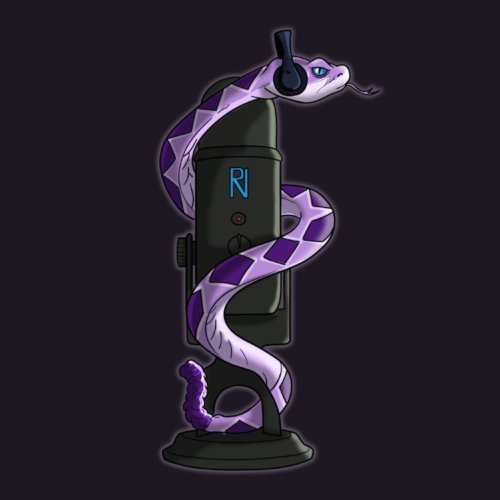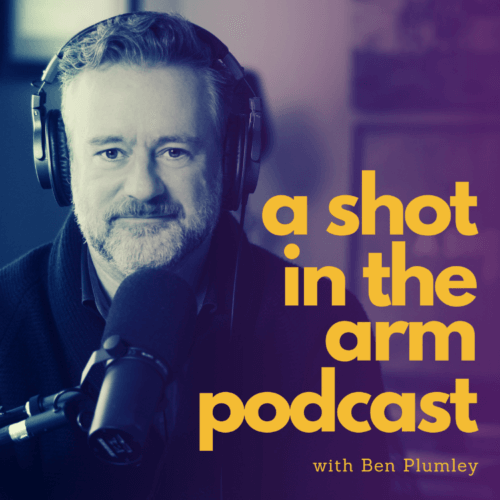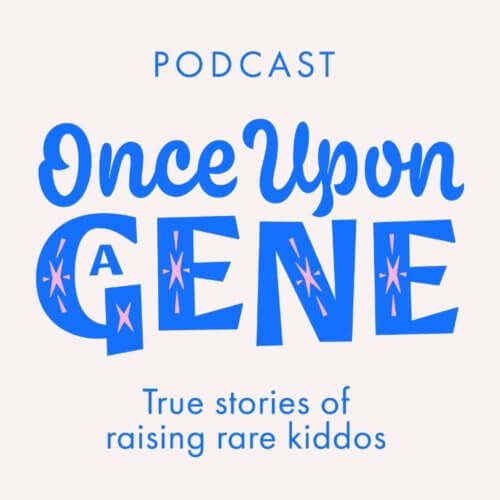Keep Calm and Research On – WPC2019 | 4
David Sangster is an Ambassador for World Parkinson Congress. On April 3, 2019 David is having Deep Brain Stimulation (DBS) surgery. It’s a treatment used for late-stage Parkinson’s disease that involves surgically implanting electrodes into the brain. The electrodes deliver small electric pulses which help reduce slow movement, tremor and stiffness. David was diagnosed in 2011 and lives with severe tremoring and twitching, dyskinesia, rigidity and more. He chatted with me on the podcast a couple weeks before surgery. I asked if he was nervous, “No. I just feel ready, I think. I know the risks. It’s worth it.” He’s documented his journey to DBS on his YouTube channel. His coming out party after the surgery will be attending the WPC2019 in Kyoto.
There will be a lot of researchers at the congress too and for good reason according to Dr. Simon Stott, “There is never a good time to have Parkinson’s, but now is the most dynamic time for Parkinson’s research.”
Stott is Deputy Director of Research at The Cure Parkinson’s Trust in the UK and his website “Science of Parkinson’s” is plain English information about the research conducted on Parkinson’s. He’s been researching for the last 15 years, “When I first got into Parkinson’s research, there was one or two clinical trials that were looking at disease modification of Parkinson’s. That is slow, stop or reverse the condition. And now there is just dozens and dozens.” While he gets excited about the research, Stott is weary about expressing it too much, because he doesn’t want to raise people’s expectations. He explains that high expectations can impact research results by triggering a placebo effect and cause the group not getting the treatment to think the treatment is having beneficial effects. Additionally, Stott notes that 95% of everything that’s gone into clinical trials thus far have failed, so it’s prudent to approach whatever you’re testing with an assumption that it is going to fail.
In this episode, James Heron teaches us the Japanese toast, “Kanpai!” It’s really means “dry cup” and is the equivalent to “bottom’s up!” or “cheers!” You can hear the proper pronunciation if you google the phrase online.
The Japanese often remove their shoes when entering a home or restaurant. Heron says when it is expected to remove your shoes, it will be apparent. When you do take your shoes off there is usually a set of slippers they’ll give you. Heron notes that in a traditional restaurant this will get you from the entrance to the tatami mats where you will remove your slippers before sitting down in your socked feet. Most of these restaurants will also have a second set of slippers for the washrooms. Be sure to remove the washroom slippers and put your restaurant slippers back on before returning to your tatami mat.
Follow me, Larry Gifford
Twitter: @ParkinsonsPod
Facebook: Facebook.com/ParkinsonsPod
Instagram: @parkinsonspod
For more info on the World Parkinson Congress head to www.WPC2019.org
Facebook: Facebook.com/WorldPDCongress/
Twitter: @WorldPDCongress
YouTube: WorldPDcongress
Instagram: @worldpdcongress
Thank you to:
David Sangster, Ambassador to WPC2019
Dr. Simon Stott, Deputy Director of Research at The Cure Parkinson’s Trust and Science of Parkinson’s
James Heron, Executive Director of Japanese Canadian Cultural Centre































